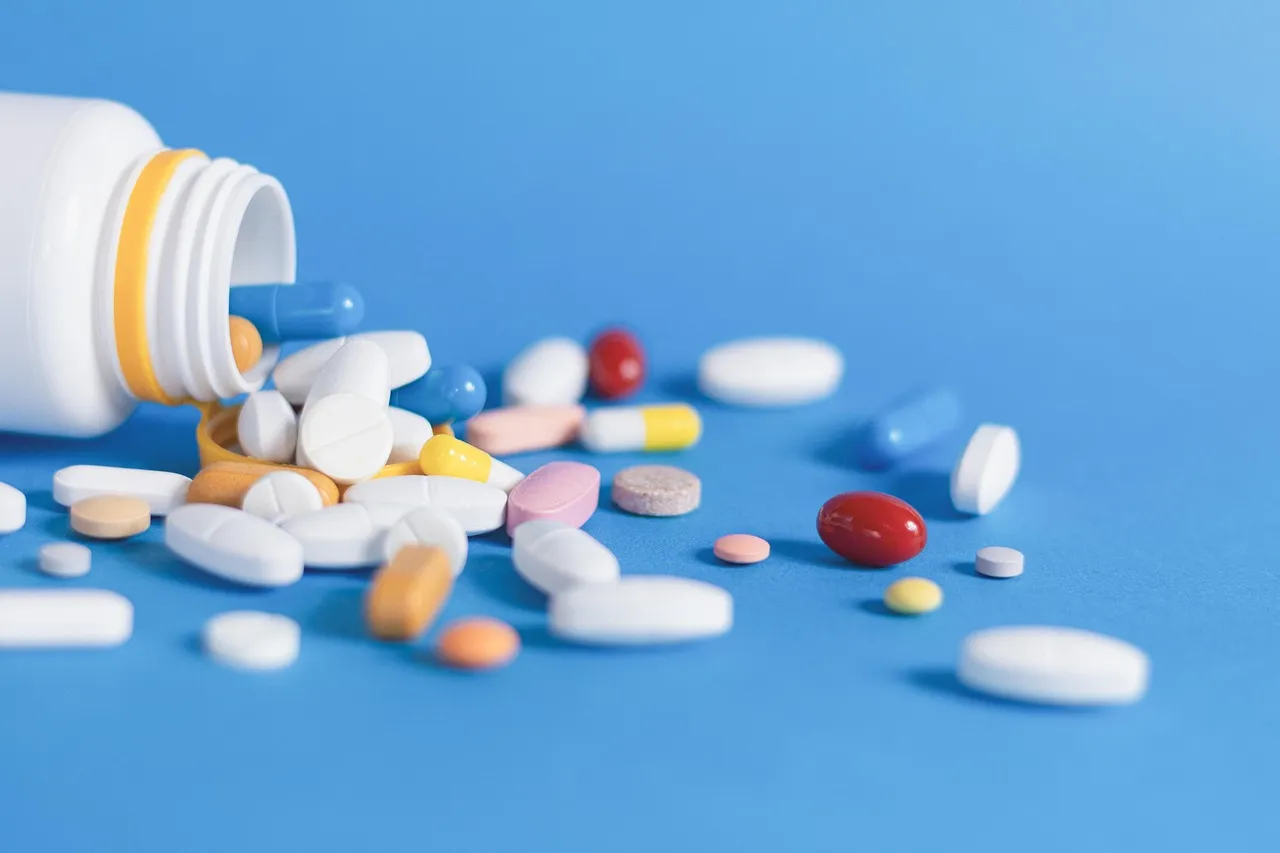
Kairos Pharma Publishes Breakthrough on Overcoming Drug Resistance in NSCLC
Kairos Pharma, Ltd., a clinical-stage biopharmaceutical company, has announced a significant breakthrough in addressing drug resistance to EGFR-targeted therapies for non-small cell lung cancer (NSCLC). A recent peer-reviewed publication in Drug Resistance Updates highlights the pivotal role of CD105 (endoglin) in mediating resistance to osimertinib, a frontline treatment for EGFR-mutant NSCLC. The study, titled “CD105 blockade restores osimertinib sensitivity in drug-resistant EGFR-mutant non-small cell lung cancer,” underscores how CD105 expression is upregulated as a resistance mechanism, correlating with poor prognosis in patients.
Understanding Drug Resistance in NSCLC
Non-small cell lung cancer (NSCLC) accounts for approximately 85% of all lung cancers and remains one of the leading causes of cancer-related deaths worldwide. While EGFR-targeted therapies, including osimertinib, have significantly improved patient outcomes, the emergence of drug resistance poses a substantial challenge, leading to disease progression and treatment failure.
The study conducted by Kairos Pharma’s research team has identified CD105 as a key driver of acquired resistance to osimertinib. CD105 is a co-receptor involved in TGF-β signaling, which plays a crucial role in tumor progression, metastasis, and therapy resistance. The research demonstrated that upregulation of CD105 promotes metabolic adaptations and chromatin modifications that enable cancer cells to evade the effects of EGFR inhibitors, making it a prime target for therapeutic intervention.
Breakthrough Findings and Preclinical Evidence
Kairos Pharma’s preclinical investigations revealed that targeting CD105 with ENV105 (carotuximab), a CD105-neutralizing antibody, successfully restored sensitivity to EGFR-targeted therapies. Key findings from the study include:
- CD105 Expression and Therapy Resistance: Drug-resistant EGFR-mutant NSCLC cells exhibited heightened CD105 expression, correlating with poor treatment outcomes.
- Reversing Resistance with ENV105: When combined with osimertinib, ENV105 effectively reinstated EGFR inhibition susceptibility through metabolic reprogramming and chromatin accessibility enhancement.
- Potential for Broad Clinical Impact: The ability of ENV105 to overcome resistance suggests it may be applicable across multiple cancer types where CD105-driven resistance is observed.
Dr. Neil Bhowmick, Chief Scientific Officer of Kairos Pharma, commented on the significance of these findings: “We believe our latest research represents a paradigm shift in overcoming resistance to EGFR-targeted therapies in NSCLC. Unveiling this mechanism-of-action underscores our commitment to advancing precision oncology and developing innovative therapies for patients with limited treatment options.”

Expanding the Clinical Implications
The implications of these findings extend beyond lung cancer. CD105 has been identified as a resistance mechanism in several other cancers, including prostate, breast, and colorectal cancer. By blocking CD105, Kairos Pharma aims to enhance the effectiveness of targeted therapies in a variety of solid tumors.
Dr. John Yu, CEO of Kairos Pharma, emphasized this broader impact: “These findings in lung cancer corroborate data in prostate cancer, breast cancer, and colon cancer, reinforcing the central role of CD105 in cancer drug resistance. We believe ENV105 can reverse this resistance across multiple cancer models, and our clinical trials are designed to definitively demonstrate its potential impact.”
Market Potential and Future Directions
The global NSCLC treatment market is projected to reach $45 billion by 2030, driven by advances in targeted therapies and the increasing prevalence of lung cancer worldwide. However, resistance to existing treatments continues to be a major barrier to long-term disease control.
The potential of ENV105 to enhance EGFR-targeted therapy effectiveness positions it as a high-value asset in next-generation oncology treatment. Kairos Pharma is actively conducting clinical trials to evaluate ENV105’s efficacy in EGFR-driven lung cancer patients, with additional studies planned for other cancer types where CD105-mediated resistance is prevalent.
Kairos Pharma remains dedicated to translating these groundbreaking discoveries into clinical advancements that improve patient outcomes. The company’s ongoing research and development efforts focus on expanding the therapeutic applications of ENV105 and exploring combination strategies with existing cancer treatments to optimize efficacy and durability of response.
With continued clinical validation, ENV105 could represent a transformative addition to the oncology treatment landscape, offering new hope to patients facing limited options due to drug resistance. As Kairos Pharma advances its clinical programs, the biopharmaceutical community eagerly anticipates further developments that could reshape the future of cancer therapy.





